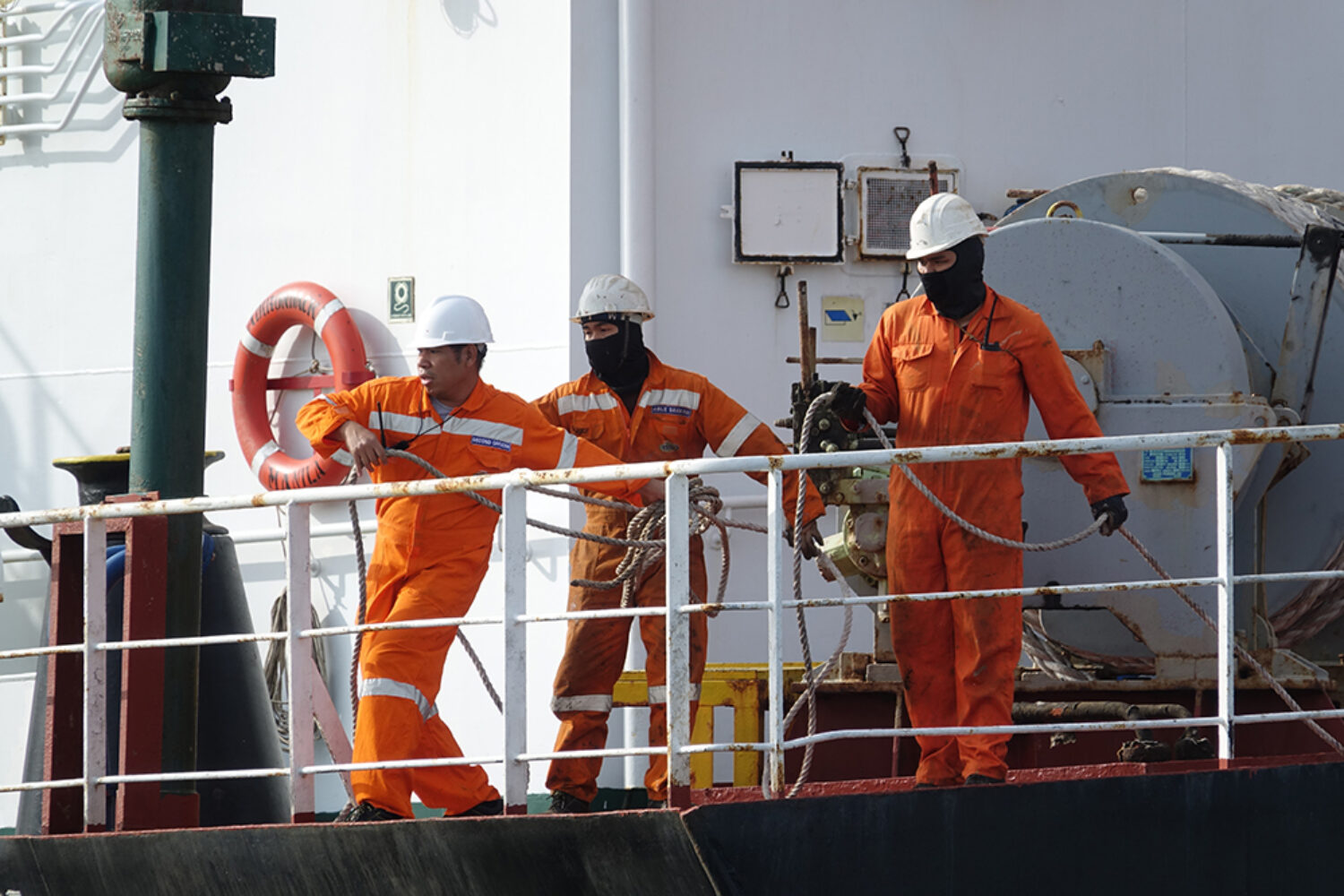On the occasion of World Maritime Health Day, maritime health and welfare experts are calling on the shipping industry to recognize free and reliable internet access as a basic human right for seafarers – not a luxury.
Despite advances in shipping technology, many crews at sea still have limited or prohibitively expensive internet access. The result is prolonged isolation, with some seafarers unable to speak to their loved ones for weeks or even months at a time. This lack of connectivity, combined with long working hours and increasing geopolitical pressure, has serious implications for mental and physical health at sea.
Isolation threatens seafarers’ health
“Digital isolation is more than an inconvenience, it is a health threat,” says Jens Tülsner, PhD specialist in maritime health, founder of Marine Medical Solutions and partner of OneCare Group. “Mental and physical well-being are closely linked. When mental health deteriorates at sea, we often see very real physical consequences such as chronic pain and sleep disorders.”
Charles Watkins, clinical psychologist and CEO of Mental Health Support Solutions, also part of the OneCare Group, warned that limited access to communication exacerbates mental health issues at sea. He said: “One of the most common causes of distress for seafarers is the feeling of being cut off from home, family and support. A reliable connection is not just a matter of entertainment or convenience, but also of mental stability, especially during long periods of isolation or stressful situations.”
“Internet access is no longer optional”
Christian Ioannou, CEO of MCTC, a global maritime catering management and training company, echoes the call for change: “We can no longer treat physical and mental health as separate issues, they are intertwined.” Nutrition, rest, connectivity and emotional wellbeing all contribute to a safe and productive crew. “Internet access is no longer optional. It’s just as important as clean drinking water and nutritious food.”
The Hood, a social media platform designed exclusively for the maritime community, has also joined the call for change. In addition to supporting professional networking and connections, The Hood provides access to mental health resources, maritime job opportunities and community spaces designed to foster growth, support and engagement across the industry.
Campaign: “Connectivity as a right, not a privilege”
Josephine Le, founder of The Hood, said: “In our April campaign ‘Connectivity as a Right, Not a Privilege’, we are highlighting the voices of app users who are telling us how important free internet on board is. We talk about artificial intelligence and autonomous ships, but many crews still can’t send a message home. This contradiction is shameful. Access to connectivity is a right, not a reward.”
With crew shortages, fatigue and rising attrition rates continuing to challenge the sector, experts warn that meeting basic human needs – such as free access to communication – is no longer optional. “Shipping depends on people,” Le added. “And people need connectivity.”













